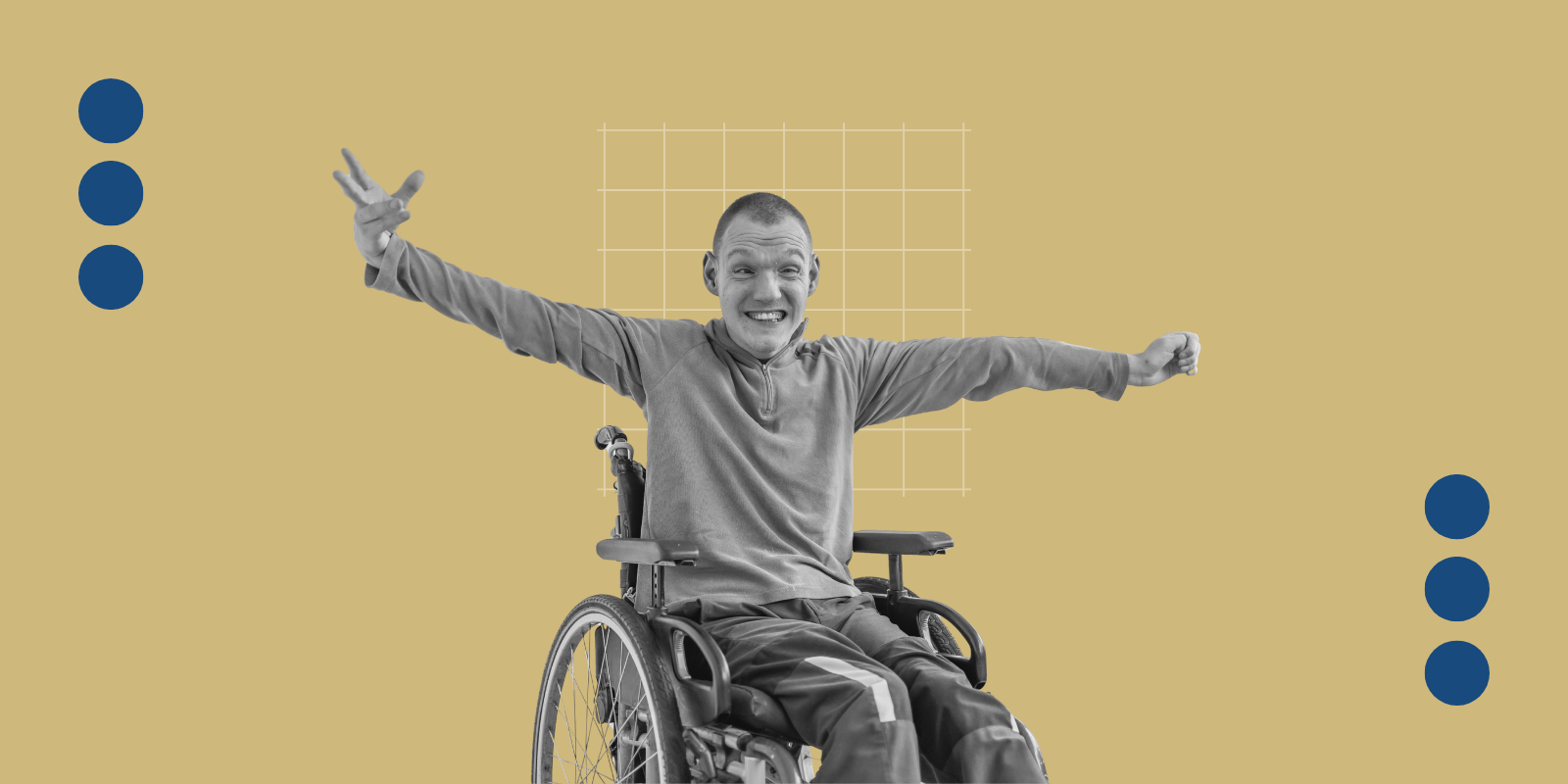For lower-grade glioma brain tumors, there have been almost no advances in treatment in nearly 30 years. One of the contributing factors to this staggering fact is, of course, a lack of research understanding how these slow-growing tumors progress.
Researchers from ACCORDS are part of a three-center study called the OPTIMUM Project that is addressing this lack of research in lower-grade gliomas. The research teams are investigating the molecular evolution of lower-grade gliomas (astrocytomas and oligodendrogliomas), slow-growing but malignant brain tumors that primarily affect young adults. Partners from the University of Colorado (CU), Yale University, Brigham and Women’s Hospital, and The Jackson Laboratory recently received a $13 million, four-year center grant from the National Cancer Institute to enhance participation in the Low-Grade Glioma Registry.
Dr. Bethany Kwan, Investigator and Education Program Director for ACCORDS and Associate Professor and Associate Vice Chair of Research for the CU Department of Emergency Medicine, is a Principal Investigator on the grant and leads the OPTIMUM Engagement Optimization Unit based at the CU Anschutz Medical Campus. Dr. Kwan’s team at CU will work to advance the science of stakeholder and community engagement in genomic research in the treatment of brain tumors. This aspect of the project builds upon a PCORI engagement award led by Dr. Kwan several years ago, to build the Brain Cancer Quality of Life Collaborative. The collaborative engages diverse stakeholders in the care of people with brain cancer in the prioritization, design, and conduct of research that supports quality of life for patients and care partners.[1]
“It felt really good to be recognized for the expertise that we have here at the University of Colorado in a topic area that's so personally important to me,” says Dr. Kwan. The project’s Engagement Optimization Unit will be testing research questions around how to engage patients (who they hope to participate in the study) in ways that demonstrate trustworthiness and engender trust. Trust is key in whether participants are willing to share their medical data and samples with researchers. People who agree to participate will sign up through the registry, agreeing to have their tissue samples and medical records sent to the team as well as participate in surveys.
“What I'm hoping to learn from this project overall
is how to bring people in, help them understand the
importance of this research, help them see the value in it,
and enhance their trust in the scientific enterprise."
“A major roadblock to advancing this research is our ability to collect and analyze samples. There are a lot of communities who don't trust the science or want to participate in research,” says Dr. Kwan. “It’s our responsibility to make sure our research is trustworthy, relevant, and ethical.” Dr. Kwan hopes that through the work of this study, participants will feel comfortable participating in research for the betterment of society and advancing our collective understanding of how to better treat these tumors.
CU is known as a center of expertise in stakeholder and community engagement. Dr. Kwan’s work before this study focused on community and stakeholder engagement methods for chronic disease management. When her mother passed away from a glioblastoma (a high-grade glioma) in 2016, Dr. Kwan became connected with more colleagues in the brain cancer space and started the Brain Cancer Quality of Life Collaborative with her brain tumor patient partner Ms. Liz Salmi of Sacramento, California.
“Our goal was to advance multi-stakeholder engagement and understanding opportunities to improve health services and specifically palliative care for people with brain tumors,” says Dr. Kwan. “We became known for using innovative strategies, especially social media, to engage people with brain tumors, and were approached by investigators at Yale for this project.”
The team is currently in its first year and working towards establishing its multi-stakeholder advisory panel and then determining the most effective methods for community and stakeholder engagement in brain tumor genomic research.
“We're planning to do comparative effectiveness research to gain input on the level of commitment and trust that comes out of a stakeholder advisory panel method compared to asking people on Facebook or Twitter,” says Dr. Kwan. The team will compare these groups’ responses to different outreach messages and materials and see how well they align to determine best practices for the study. The researchers hope utilizing social media, as well as traditional outreach, will produce more representative and diverse perspectives. Dr. Jenna Reno, a senior instructor in the CU Department of Family Medicine has a Ph.D. in Health Communication and is leading the portion of the study testing different communication strategies.
Liz Salmi, a co-investigator based at Beth Israel Deaconess Medical Center (and Dr. Kwan’s co-lead on the Brain Cancer Quality of Life Collaborative), is the communication specialist for Open Notes, which is the national initiative to give patients full access to the narrative notes in their medical records. A struggle for patients who decide to participate in this study (or ones like it) is the ability to share their medical data freely with researchers. Dr. Kwan’s team is working on ways to make that process of sharing data more efficient as well as something that people feel more comfortable doing.
“What I'm hoping to learn from this project overall is how to bring people in, help them understand the importance of this research, help them see the value in it, and enhance their trust in the scientific enterprise,” says Dr. Kwan.
For those interested in following Dr. Kwan’s work and increasing the project’s reach, follow her on Twitter, @BethanyKwan, and the project, @gliomaregistry.
[1] https://braincancerqol.org/
.png?width=792&name=boiler%20plate%20(1).png)

.jpg)


